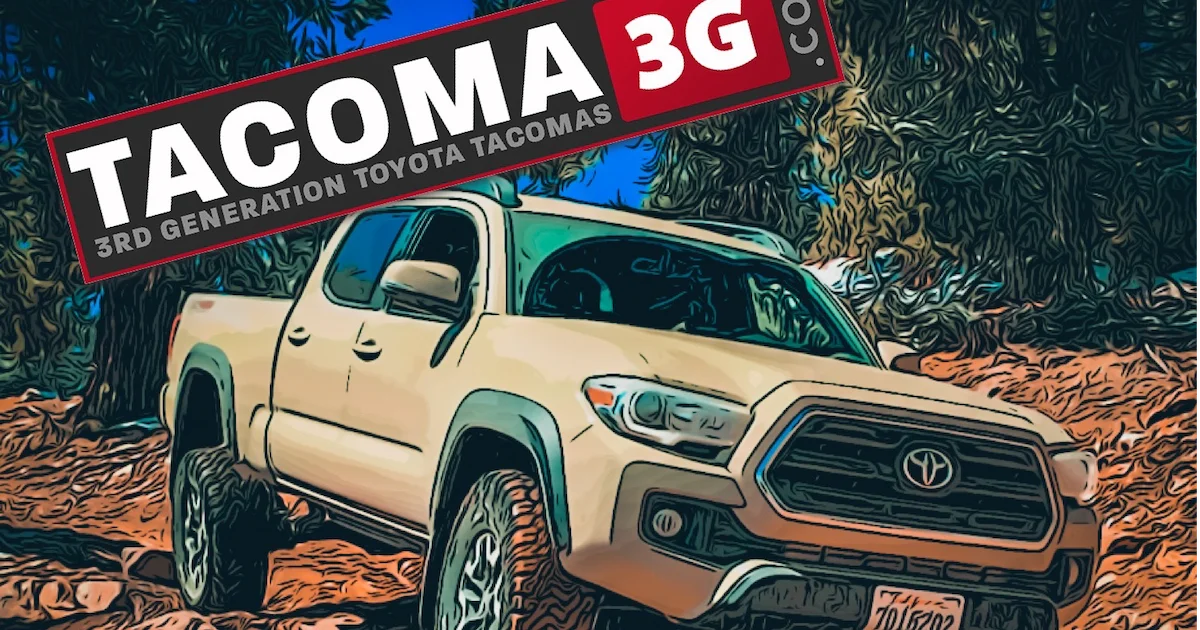Hey all,
How does your heavier wheel and tire setup affect vehicle drivability? How much heavier is your setup and what types of changes have you seen/felt?
I can't seem to get a good consensus on this. Some say they didnt notice the additional 20lbs per wheel, others say different.
How does your heavier wheel and tire setup affect vehicle drivability? How much heavier is your setup and what types of changes have you seen/felt?
I can't seem to get a good consensus on this. Some say they didnt notice the additional 20lbs per wheel, others say different.


